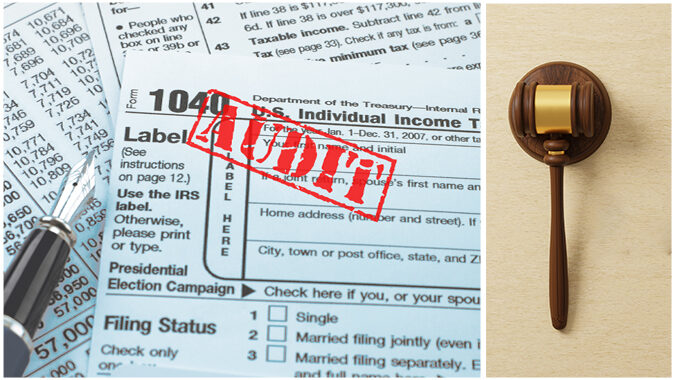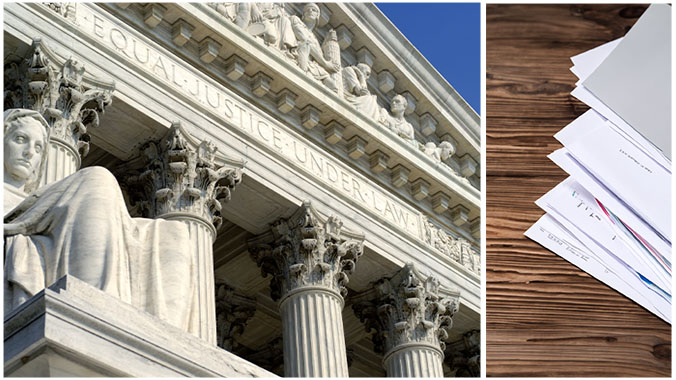Employment Law and Workplace Privacy: Technological advancements in the workplace, electronic monitoring and recording of employees, and how workplace surveillance can violate employment laws

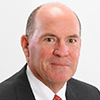


On-Demand: January 18, 2023
Subscribe to Federal Bar Association CLE Pass...
Co-Sponsored by myLawCLE
Get this course, plus over 1,000+ of live webinars.
Learn More
MCLE Credit Information:
Select Your State Below to View CLE Credit Information
Tuition: $245.00
Training 5 or more people?
Sign-up for a law firm subscription plan and each attorney in the firm receives free access to all CLE Programs
Program Summary
Session I - Technological Advancements in the Workplace: At What Cost? — The NLRB General Counsel’s Memo Urging Board to Curtail Employer Use of Surveillance Technologies Raises Potentially Significant Concerns – John S. Bolesta
On October 31, 2022, Jennifer Abruzzo, the NLRB’s General Counsel (GC), released a memorandum regarding employer use of electronic surveillance and automated management, and its potential interference with employees’ ability to confidentially engage in protected activity under Section 7 of the Act. Opining that “[a]n issue of particular concern to me is the potential for omnipresent surveillance and other algorithmic-management tools to interfere with the exercise of Section 7 rights by significantly impairing or negating employees’ ability to engage in protected activity and keep that activity confidential from their employer, if they so choose,” the GC signaled an increased scrutiny of certain surveillance methods utilized by employers and further urged the Board to protect employees from intrusive electronic monitoring “and automated management practices that would have a tendency to interfere with Section 7 rights” by “zealously” enforcing existing law and by proactively applying settled labor-law principles in a “new way.” This presentation will outline the current legal framework concerning workplace electronic monitoring and automated management practices and explore the potential practice issues facing employers in light of this proposed significant change in the law.
Key topics to be discussed:
- Recent regulatory activity from EEOC and DOJ regarding employers’ use of algorithmic decision-making tools and their impact on various employment-related laws
- The current state of the law as it relates to unionized and non-unionized employers
- NLRB GC Memorandum 23-02 and the dramatic shift in the law being proposed by the agency’s top lawyer
- Practical steps employers should consider in anticipation of the likely change in the law
Session II - Electronic Monitoring and Recording of Employees in the Workplace(s) of 2023 – David P. Phippen, and Morgan Forsey
The seminar will cover a broad range of local, state, and federal laws and regulations that govern electronic monitoring and recording of and by employees in various workplaces (onsite, virtual/remote, and work-from-home). The discussion topics include the Electronic Communications Privacy Act of 1986, the Stored Communications Act, and the National Labor Relations Act. As more states enact privacy and worksite specific monitoring laws, Employers face a patchwork of laws and regulations that may be implicated, and, in some cases, may be inconsistent. This is a dynamic landscape and changes are coming regularly from legislative, administrative, and judicial actions and decisions. Further, enforcement agencies and affected stakeholders increasingly are paying attention leading to investigations and enforcement actions. In addition to providing an update on the legal landscape, this session will cover practical tips for issue spotting and compliance.
Key topics to be discussed:
- Why employers monitor and/or record employee activity and potential risks
- The Electronic Communications Privacy Act of 1986 and Stored Communications Act
- Worksite monitoring
- Remote worksite monitoring
- Employer rights and risks
- Employee privacy rights
- State laws on consent to recording
- Multi-state communications issues
- Productivity enhancement policy
- Free speech
- National Labor Relations Act issues of duty to bargain with unions, interference with Section 7 rights of employees, and employees’ right to engage in the protected concerted activity of recording workplace actions/events
- Policy development considerations
Session III - How Workplace Surveillance Can Violate Employment Laws – Melissa Tribble
This presentation will discuss the ways that increasingly pervasive surveillance and productivity monitoring of remote workers can violate Title VII and other state anti-discrimination and retaliation laws, and labor laws. First, it will discuss the rise of productivity monitoring and the types of technology employers are utilizing. Second, it will discuss the ways surveillance has the potential for violation: increased knowledge of a person’s life outside of work, such as knowledge of someone’s protected status, can lead to discrimination by managers; surveillance technology can be used to harass, and in particular sexually harass, workers; increased surveillance can be retaliatory or discriminatory; productivity monitoring can lead to wage and hour violations; and surveillance chills protected organizing activity. Finally, the presentation will discuss ways that workers can protect themselves, and ways that employers can work with employees to reduce their exposure if they choose to utilize these technologies.
Key topics to be discussed:
- Workplace surveillance
- Employment discrimination and retaliation
- Labor laws / NLRA
This course is co-sponsored with myLawCLE.
Date: January 18, 2023
![]() Closed-captioning available
Closed-captioning available
Speakers
 John S. Bolesta | Sheppard Mullin
John S. Bolesta | Sheppard Mullin
John Bolesta is special counsel in the Labor and Employment Practice Group in the firm’s Washington, D.C. office.
Areas of Practice
John represents management in labor and employment litigation matters. He represents clients in numerous industries during union organizing attempts and litigation before the National Labor Relations Board, contract negotiation and labor arbitrations. Additionally, he advises clients on best practices in employee relations and the development of comprehensive labor strategies to preserve the ability to maintain direct relationships with employees.
John counsels clients on all aspects of federal, state and local equal employment opportunity and fair employment practices laws and regulations, and he regularly advises clients on confidentiality, trade secrets, non-solicitation and non-compete matters. Moreover, he represents clients in whistleblower matters under a broad range of statutes, including the Occupational Safety and Health Act, the Surface Transportation Assistance Act, the Toxic Substances Control Act and the Clean Air Act. His experience ranges from conducting investigations and developing position statements to litigating whistleblower cases before administrative law judges and in court.
John develops and presents to employer and other groups on topics related to labor and employment law, including maintaining a union-free environment, privacy in the workplace, sexual harassment, occupational safety and health, implementation of substance abuse policies and discrimination in the workplace. Further, he is routinely called upon to draft employment policies, handbooks and employment-related contracts. In addition to his labor and employment experience, he also assists clients extensively in commercial litigation disputes.
 David P. Phippen | Constangy, Brooks, Smith & Prophete, LLP
David P. Phippen | Constangy, Brooks, Smith & Prophete, LLP
David Phippen has more than 30 years of experience in management-side labor and employment law, and is Senior Counsel in the Metro Washington, D.C. office of the national law firm of Constangy, Brooks, Smith & Prophete, LLP. He represents clients in a full range of labor and employment matters, with particular emphasis on traditional labor relations, employment law litigation in federal and state courts, human resources counseling, wage and hour law, administrative proceedings, restrictive covenants, arbitration, and alternative dispute resolution. His full bio is available here: https://www.constangy.com/people-David-Phippen.
 Morgan Forsey | Sheppard Mullin
Morgan Forsey | Sheppard Mullin
Morgan Forsey is a partner in the Labor and Employment Practice Group in the firm’s Los Angeles office.
Areas of Practice
Morgan has significant experience defending single plaintiff wrongful termination, discrimination, harassment, and whistleblower matters, and representative wage and hour class and PAGA actions through trial. Morgan partners with and advises clients in the technology, healthcare, transportation, retail, staffing and hospitality industries on all facets of the employment relationship, including privacy, leaves of absence, and wage and hour compliance. In addition to civil litigation matters, Morgan regularly represents employers before governmental agencies and assists employers in handling regulatory audits and investigations. Recently, Morgan has supported employers in responding to the COVID pandemic, including providing strategic advice on developing policies and practices, compliance issues, privacy, and health and safety. As the former managing partner of Sheppard Mullin’s San Francisco office, she has practical experience handling the many challenges that employers face.
 Melissa Tribble | Sanford Heisler Sharp, LLP
Melissa Tribble | Sanford Heisler Sharp, LLP
Melissa Tribble is a Plaintiff-side employment attorney at Sanford Heisler Sharp, LLP in Palo Alto, California. While her practice focuses on employment discrimination and retaliation, she has published on the ways technology impacts privacy and civil rights including her articles Free Speech Off My Body: Protecting Abortion Patients and Medical Privacy in Light of the First Amendment, published in the UC Davis Law Review, and Weighing Workplace Surveillance for Remote Workers, published through Law360. Melissa’s work seeks to promote the responsible use of technology to benefit society without undermining individual liberties.
Agenda
Session I – Technological Advancements in the Workplace: At What Cost? — The NLRB General Counsel’s Memo Urging Board to Curtail Employer Use of Surveillance Technologies Raises Potentially Significant Concerns | 11:00am – 12:00pm
- Recent regulatory activity from EEOC and DOJ regarding employers’ use of algorithmic decision-making tools and their impact on various employment-related laws | 11:00am – 11:15am
- The current state of the law as it relates to unionized and non-unionized employers | 11:15am – 11:30am
- NLRB GC Memorandum 23-02 and the dramatic shift in the law being proposed by the agency’s top lawyer | 11:30am – 11:45am
- Practical steps employers should consider in anticipation of the likely change in the law | 11:45am – 12:00pm
Break | 12:00pm – 12:10pm
Session II – Electronic Monitoring and Recording of Employees in the Workplace(s) of 2023 | 12:10pm – 1:10pm
- Why employers monitor and/or record employee activity and potential risks | 12:10pm – 12:15pm
- The Electronic Communications Privacy Act of 1986 and Stored Communications Act | 12:15pm – 12:20pm
- Worksite monitoring | 12:20pm – 12:25pm
- Remote worksite monitoring | 12:25pm – 12:30pm
- Employer rights and risks | 12:30pm – 12:35pm
- Employee privacy rights | 12:35pm – 12:40pm
- State laws on consent to recording | 12:40pm – 12:45pm
- Multi-state communications issues | 12:45pm – 12:50pm
- Productivity enhancement policy | 12:50pm – 12:55pm
- Free speech | 12:55pm – 1:00pm
- National Labor Relations Act issues of duty to bargain with unions, interference with Section 7 rights of employees, and employees’ right to engage in the protected concerted activity of recording workplace actions/events | 1:00pm – 1:05pm
- Policy development considerations | 1:05pm – 1:10pm
Break | 1:10pm – 1:20pm
Session III – How Workplace Surveillance Can Violate Employment Laws | 1:20pm – 1:50pm
- Workplace surveillance | 1:20pm – 1:30pm
- Employment discrimination and retaliation | 1:30pm – 1:40pm
- Labor laws / NLRA | 1:40pm – 1:50pm
More CLE Webinars
Trending CLE Webinars






![The Litigator’s Guide to Evidentiary Objections: When to hold them and how to avoid mistakes (Including 1hr of Ethics) [2024 Edition]](https://federalbarcle.org/wp-content/uploads/2024/03/The-Litigators-Guide-to-Evidentiary-Objections-When-to-hold-them-and-how-to-avoid-mistakes-Including-1hr-of-Ethics-2024-Edition_myLawCLE.jpg)



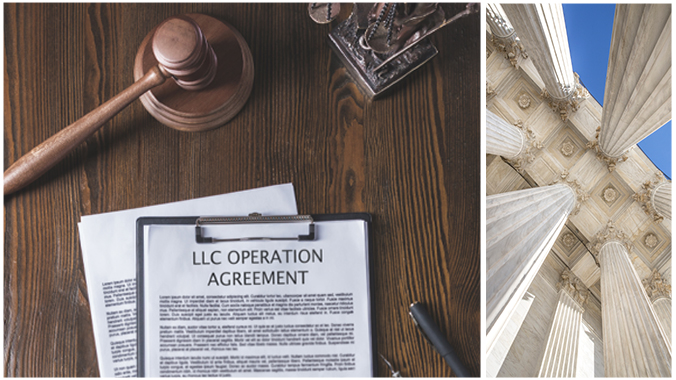












Upcoming CLE Webinars









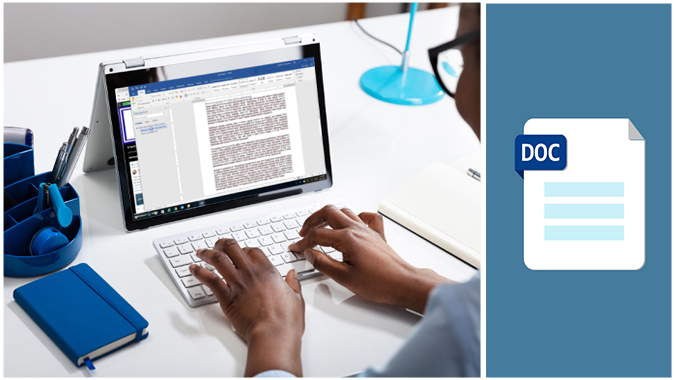





![The Litigator’s Guide to Evidentiary Objections: When to hold them and how to avoid mistakes (Including 1hr of Ethics) [2024 Edition]](https://federalbarcle.org/wp-content/uploads/2024/03/The-Litigators-Guide-to-Evidentiary-Objections-When-to-hold-them-and-how-to-avoid-mistakes-Including-1hr-of-Ethics-2024-Edition_myLawCLE.jpg)


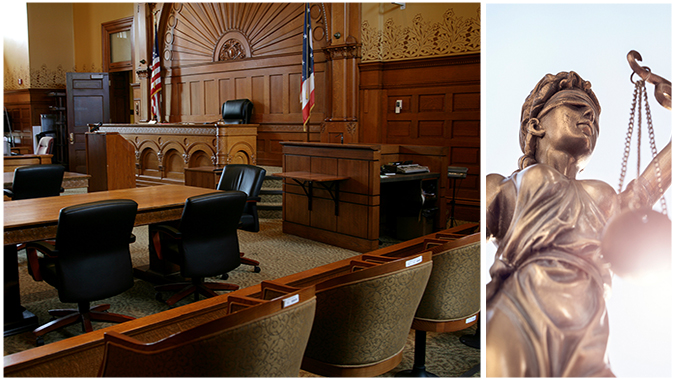



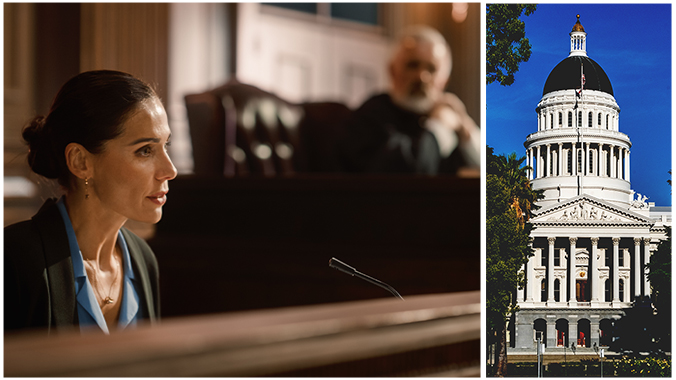











![Evidence 101 [Part 1]: Relevancy & company](https://federalbarcle.org/wp-content/uploads/2024/07/Evidence-101_myLawCLE.jpg)













